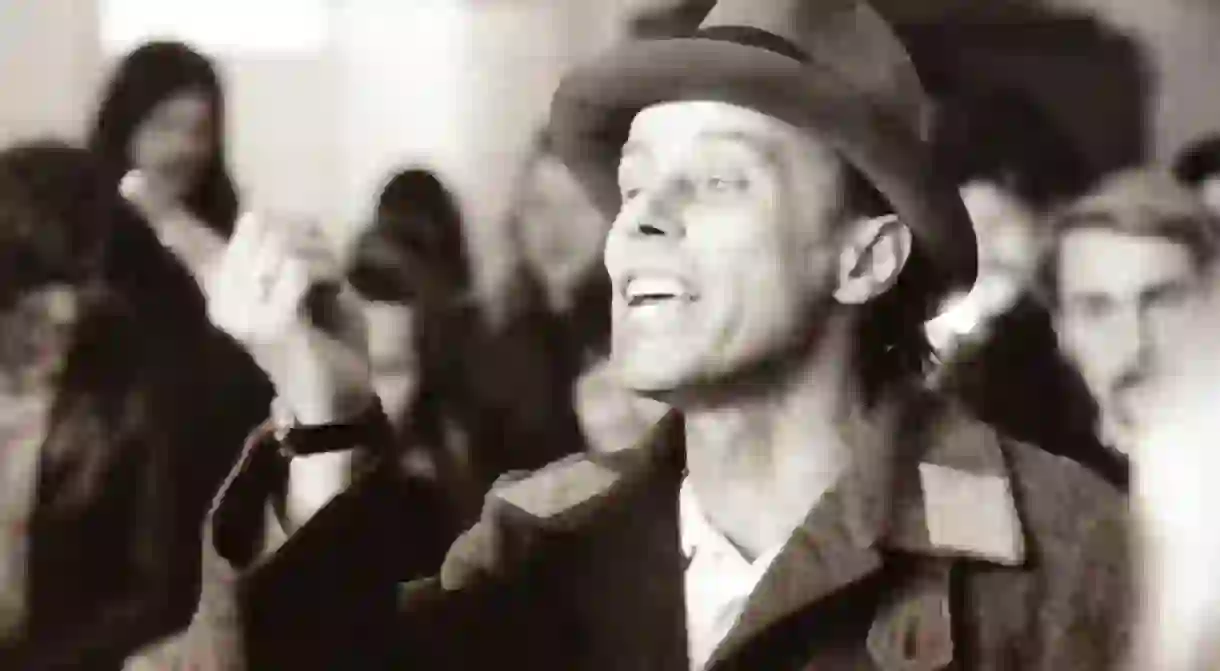Joseph Beuys: A New Documentary Tells the Story of the Artist's Revolutionary Past

Currently on show at many Berlin indie cinemas, including at Sputnik Kino and Passage, is Beuys, Andres Veiel’s 2017 documentary profiling the fascinating life and personality of German artist Joseph Beuys (1921–1986).
Beuys is considered one of the most influential sculptors and performance artists of the 20th century, but it was his unwavering altruistic ideals and his larger-than-life, charismatic personality that really gave him his star quality. His fearless approach to his work, which often blurred the lines between art and life also made him the centre of much controversy in the art world. Beuys used his performances to express his political and environmental convictions, and he believed that socially and spiritually engaged artists had the power to change the world:
‘To make people free is the aim of art, therefore art for me is the science of freedom.’

Common themes in the artist’s impassioned dialogues and social debates included the crisis of the human spirit and the importance of self-healing, revolution and transformation. Perhaps one of his most bizarre and remembered shows was How to Explain Pictures to a Dead Hare, where he took to explaining the art of a dead hare he was holding and asked the audience, ‘Do you want to make a revolution without laughing?’ His anti-establishment ideals are epitomised in his words:
‘I am interested in the creativity of the criminal attitude because I recognize in it the existence of a special condition of crazy creativity. A creativity without morals fired only by the energy of freedom and the rejection of all codes and laws. For freedom rejects the dictated roles of the law and of the imposed order and for this reason is isolated.’

Thirty years after Beuys’ death, director Andres Veiel aims to resurrect the artist’s visionary sentiments with his documentary, Beuys. The celebratory tribute to the artist’s life and vision comes to theatres not unscathed by a fair share of flack in reviews, which criticise the disjointed and fragmented stitching together of footage and archives. Others see the documentary’s structure as a clever and urgent collage of an extraordinary and boundless personality, resulting in an intimate exploration of a unique and perplexing man rather than a classic portrait. Beuys was selected to compete for the Golden Bear award at 67th Berlin International Film Festival.
Veiel’s previous notable works include If Not Us, Who?, The Kick and Black Box BRD. Beuys’ work can be viewed at the Museum of Modern Art in New York (MoMA).













